History

Part 4: Connecting urban policy to the community
The UNC Charlotte Urban Institute is marking its 50th anniversary in 2019-20 with a five-part series recalling its history. Sources for these stories include interviews, newspaper articles, university documents and two books – Charlotte and UNC Charlotte: Growing Up Together by Ken Sanford and Dean W. Colvard: Quiet Leader, by Marion A. Ellis. UNC Charlotte […]
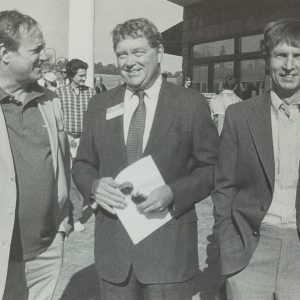
Part 2: How the Urban Institute changed Charlotte
The UNC Charlotte Urban Institute is marking its 50th anniversary in 2019-20 with a five-part series recalling its history. Sources for these stories include interviews, newspaper articles, university documents and two books – Charlotte and UNC Charlotte: Growing Up Together by Ken Sanford and Dean W. Colvard: Quiet Leader, by Marion A. Ellis. Today, amid […]

Part 3: Burnishing the Urban Institute’s reputation, one plan at a time
The UNC Charlotte Urban Institute is marking its 50th anniversary in 2019-20 with a five-part series recalling its history. Sources for these stories include interviews, newspaper articles, university documents and two books – Charlotte and UNC Charlotte: Growing Up Together by Ken Sanford and Dean W. Colvard: Quiet Leader, by Marion A. Ellis. When Bill […]
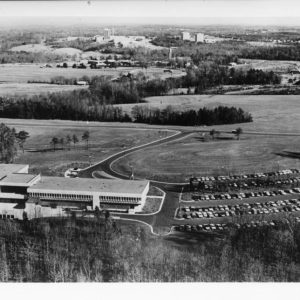
The Urban Institute turns 50, Part 1: Urban studies on a rural campus
The UNC Charlotte Urban Institute is marking its 50th anniversary in 2019-20 with a five-part series recalling its history. Sources for these stories include interviews, newspaper articles, university documents and two books – Charlotte and UNC Charlotte: Growing Up Together by Ken Sanford and Dean W. Colvard: Quiet Leader, by Marion A. Ellis. In 1970, […]
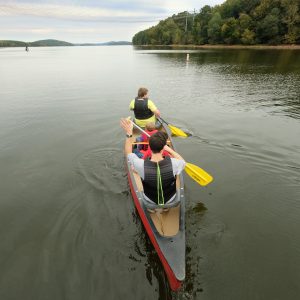
Part 5: Big Data, Big Goals as the Urban Institute turns 50
The UNC Charlotte Urban Institute is marking its 50th anniversary in 2019-20 with a five-part series recalling its history. Sources for these stories include interviews, newspaper articles, university documents and two books – Charlotte and UNC Charlotte: Growing Up Together by Ken Sanford and Dean W. Colvard: Quiet Leader, by Marion A. Ellis. In 2018, […]
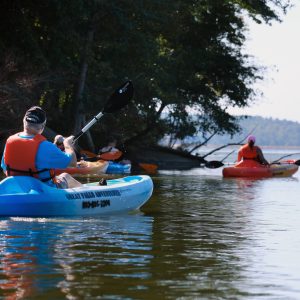
‘A wilderness experience’: Do rivers hold the key to rebirth for these towns?
Where the hard rock of the Piedmont gives way to the sandy Coastal Plain, two company towns that lost their companies are looking for economic revival to the rivers that put them on the map. Great Falls in South Carolina and Badin in North Carolina grew up along the geologic fall line beside wild, majestic […]
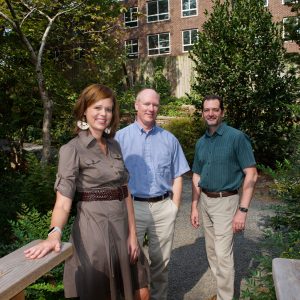
UNC Charlotte Botanical Gardens’ Historical Trail to interpret cultures
An outdoor, living exhibit on its way to the UNC Charlotte campus will tell the story of North Carolina through plants and crops crucial to the state’s development. A team representing the University’s Center for the Study of the New South, Botanical Gardens and Urban Institute received a grant from the North Carolina Humanities Council […]
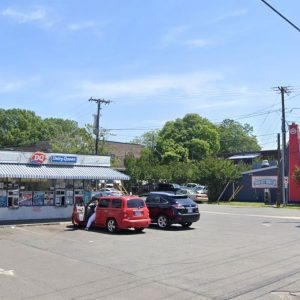
Charlotte keeps losing bits of itself as the city grows
Is there anything more “Charlotte” than bemoaning the closure of local icons? In one of the fastest-growing cities in the U.S., with rising rents and rapid changes in long-established neighborhoods, there’s sure to be a certain amount of churn in the local business scene. Angst and nostalgia are certain to follow. But as it grows […]
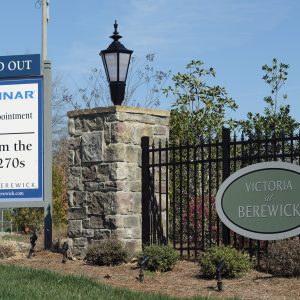
Charlotte is growing – literally – as the city annexes more land
You’ve probably heard a few catchy statistics about Charlotte’s explosive growth: For example, the city’s population increased by 47 people a day from 2010 to 2018. But did you know that over the same period, Charlotte also grew by more than a square mile each year? Since 2010, Charlotte’s total land area has increased by […]
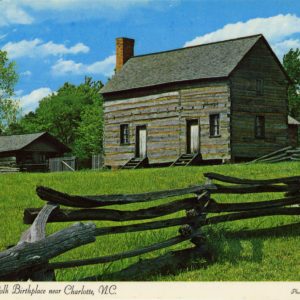
Historical Overview Part 1: The early development of a connected region
Charlotte and the surrounding counties have changed dramatically over the past 250 years, evolving from an agrarian backwater to a manufacturing powerhouse to a hub of global finance. Our first European settlers’ hope was to support themselves by working the land, but 100 years of agriculture showed our predecessors that local farming was much more […]